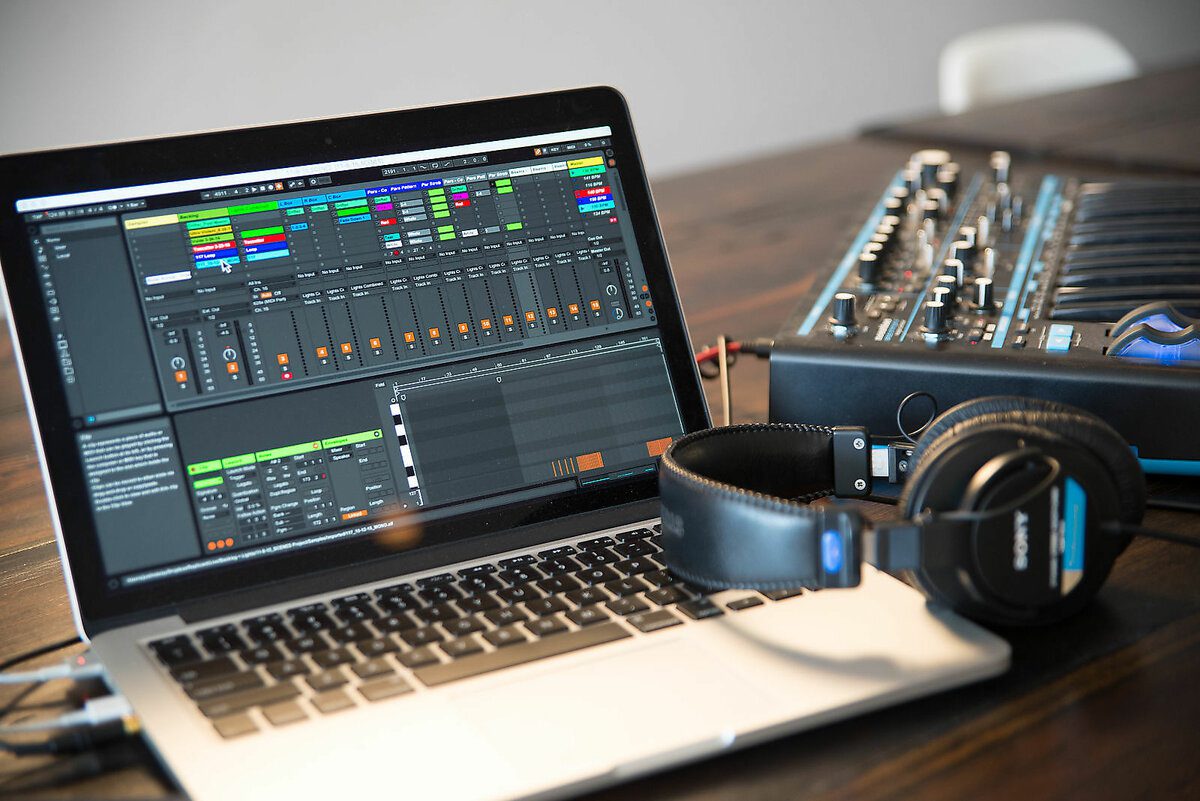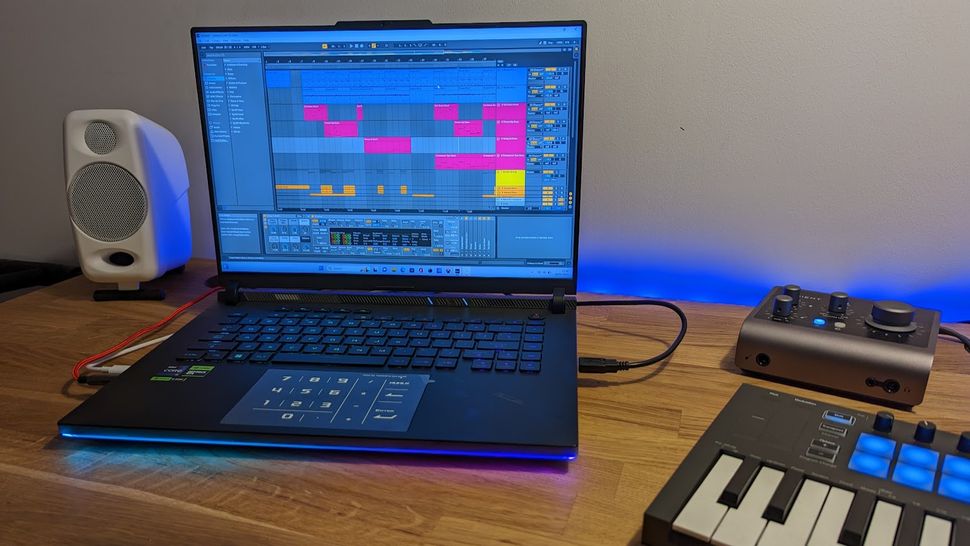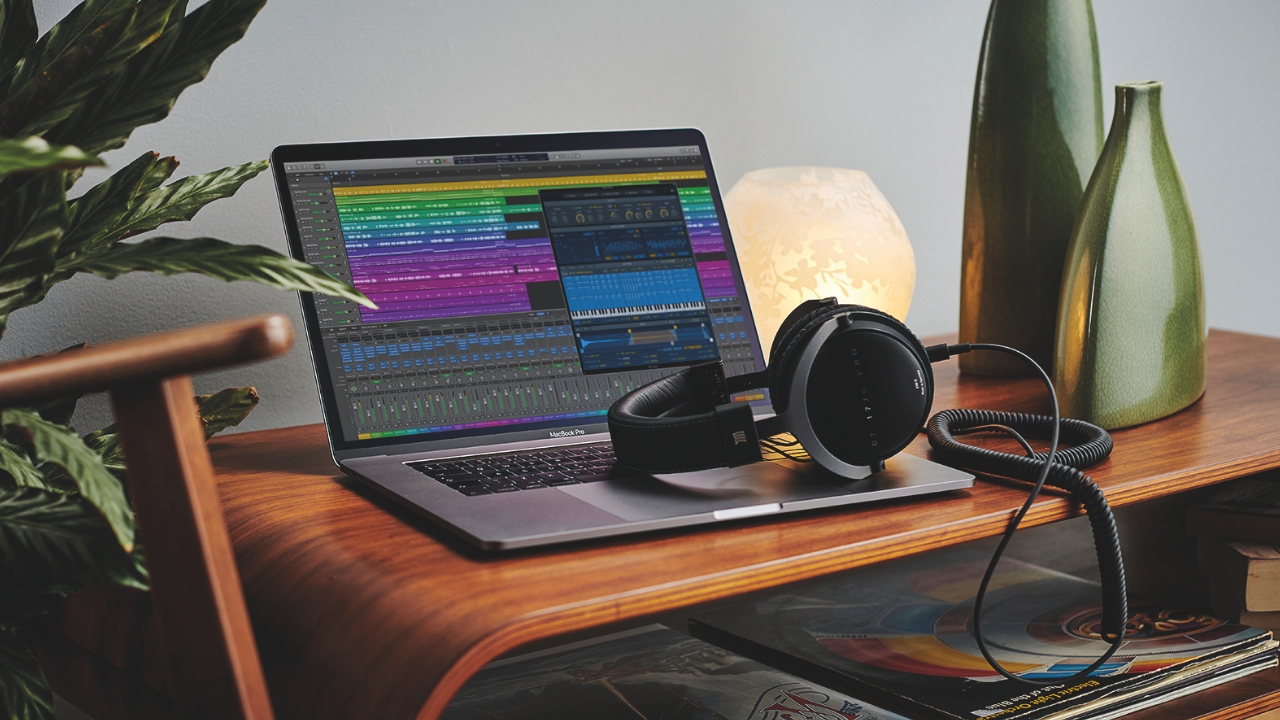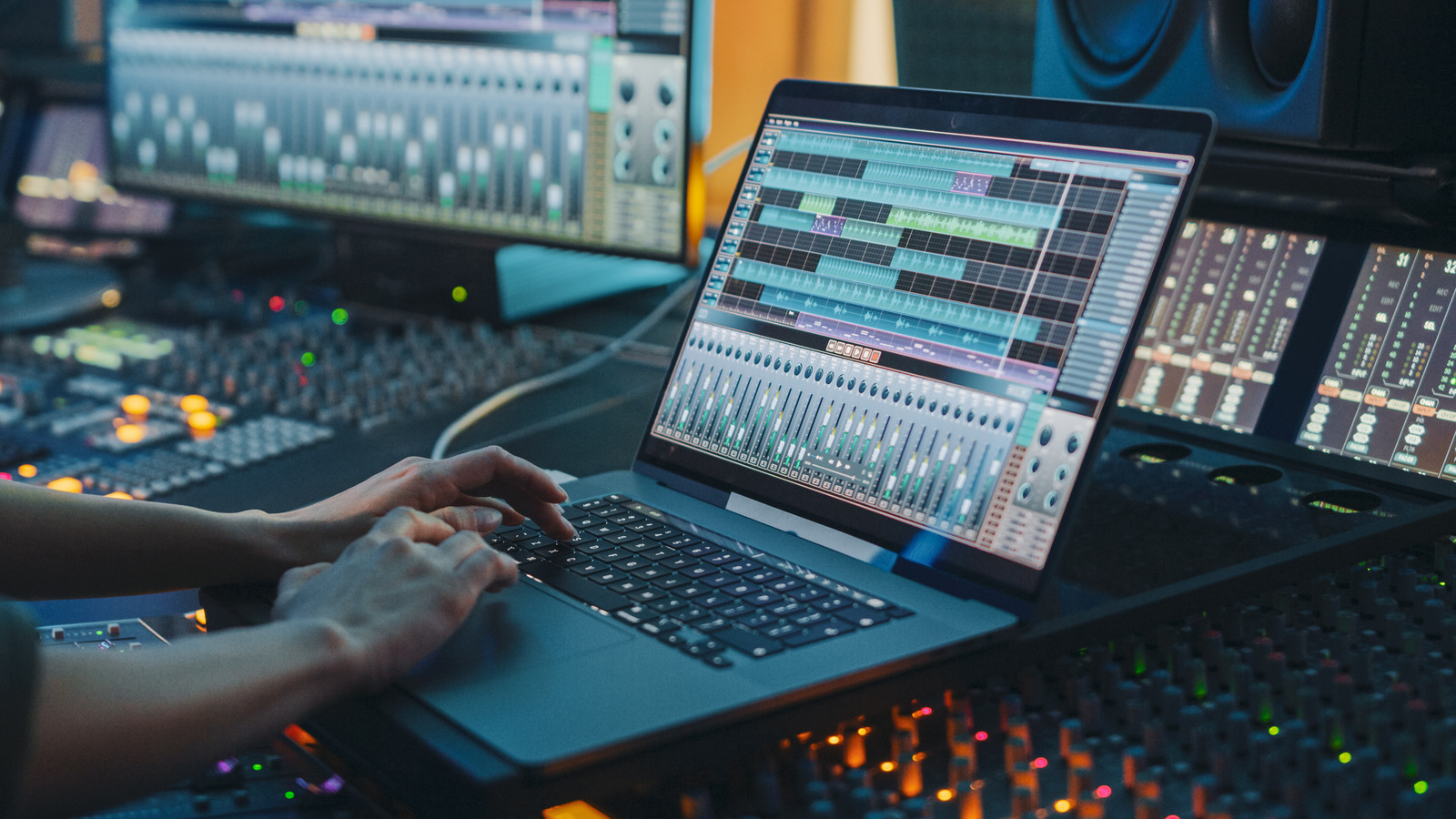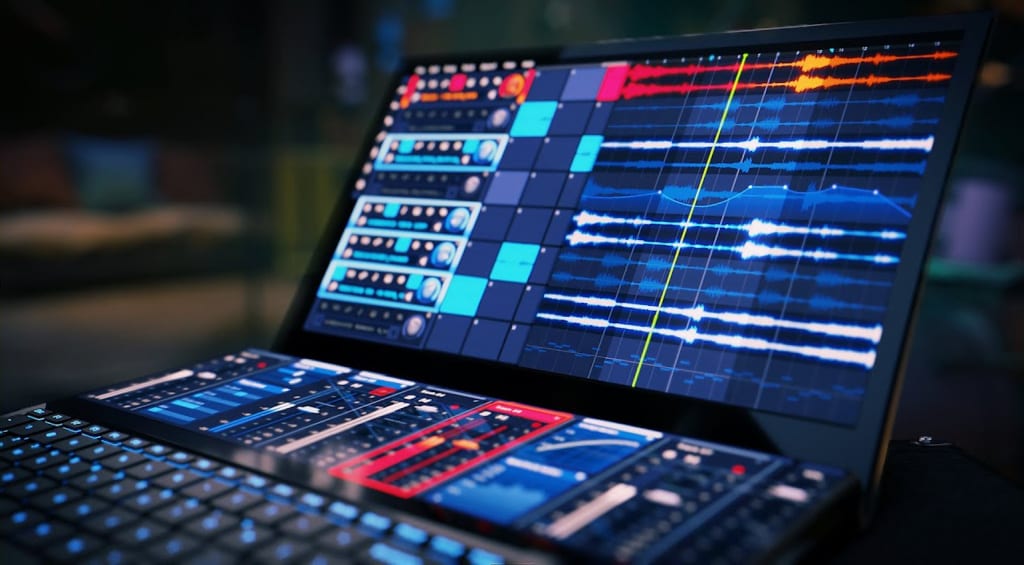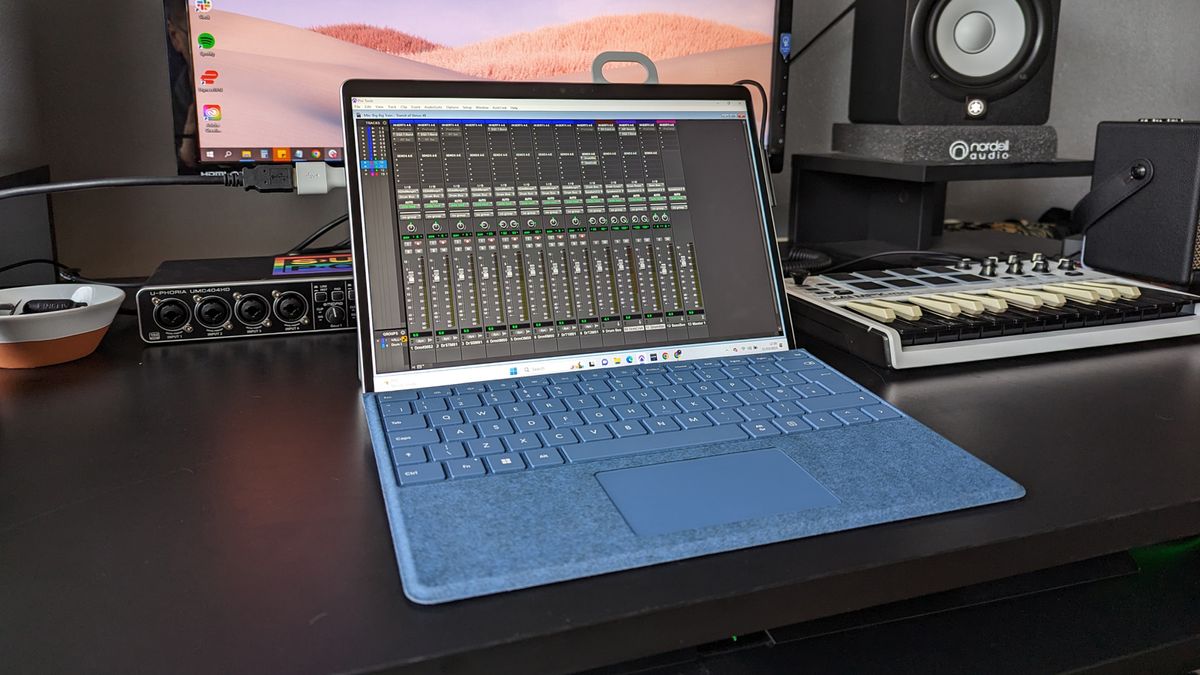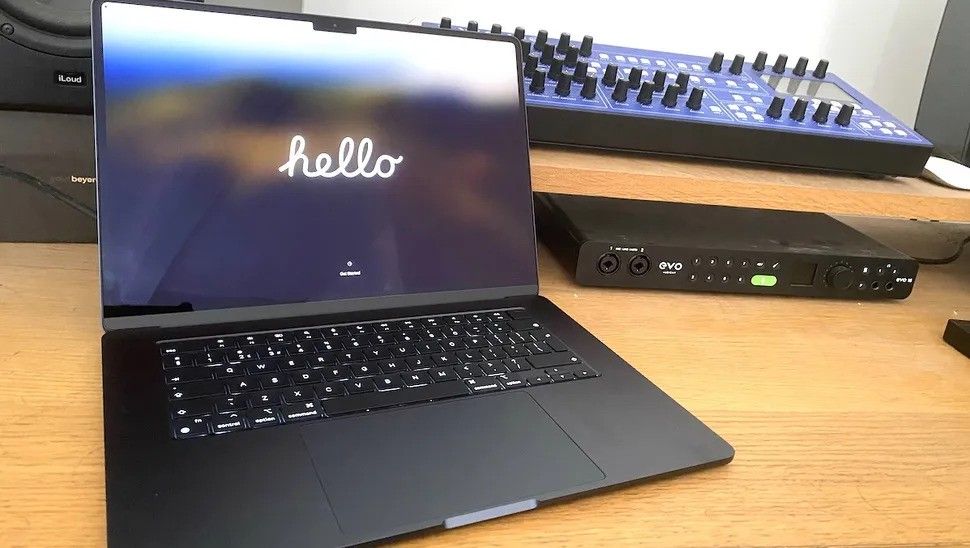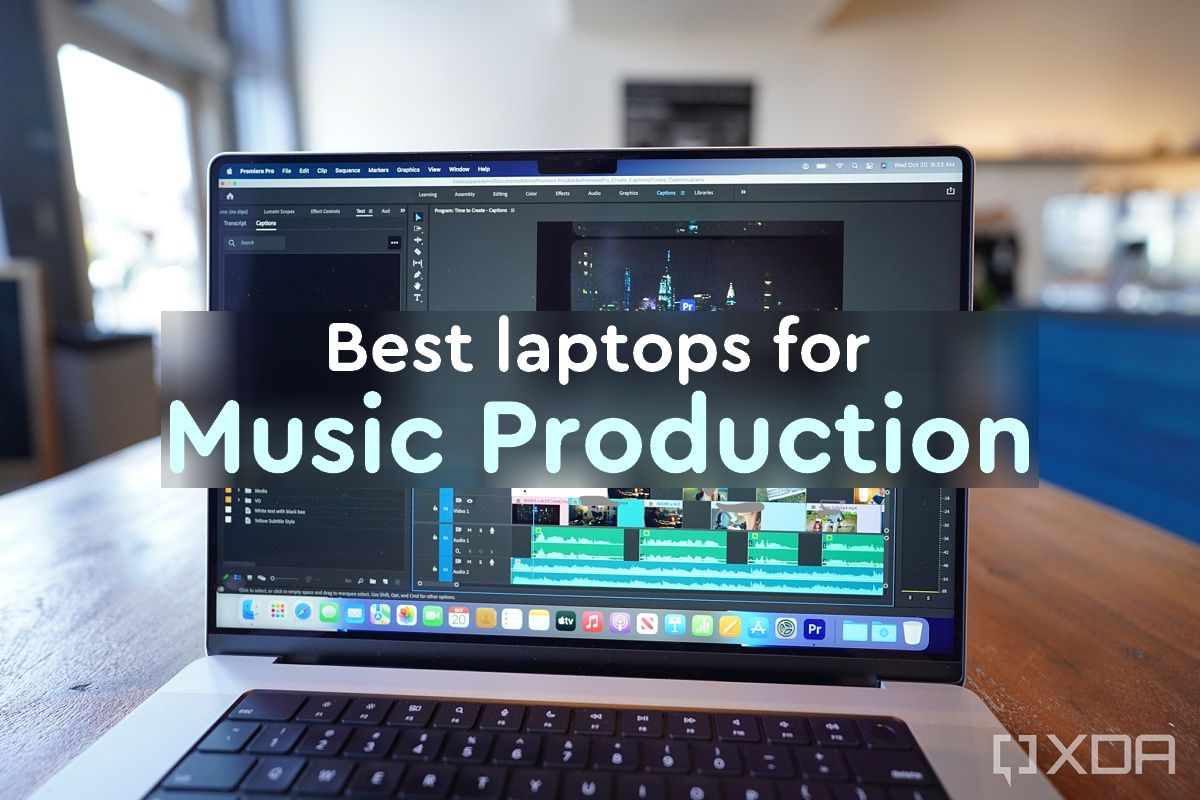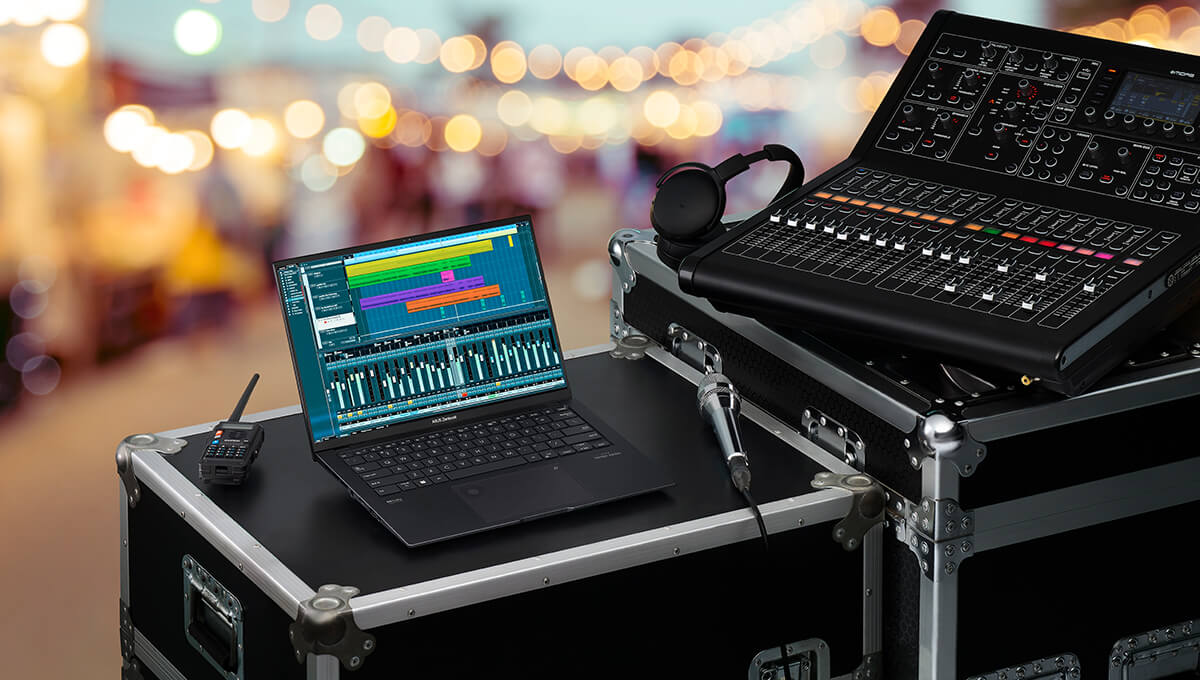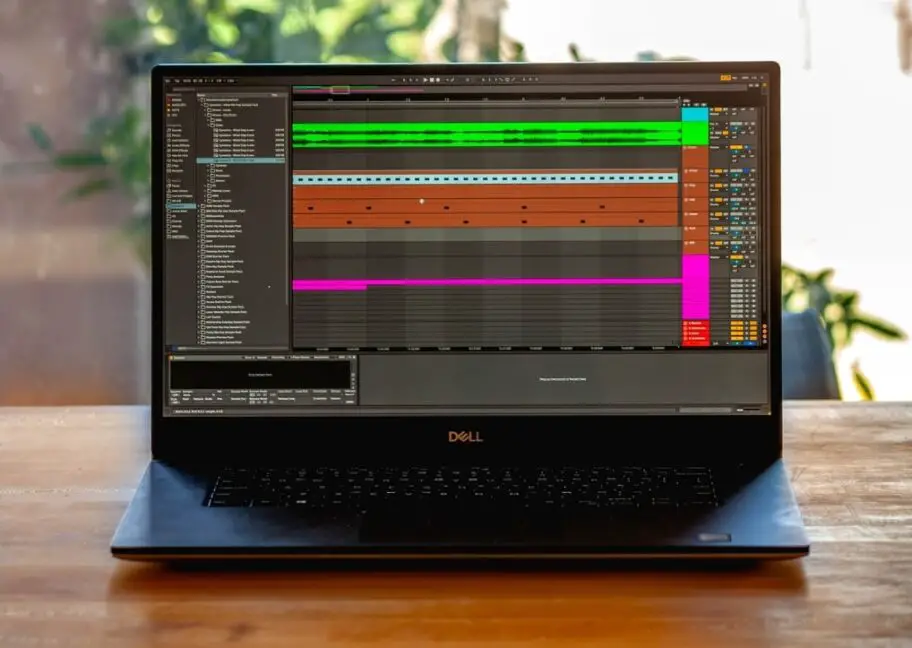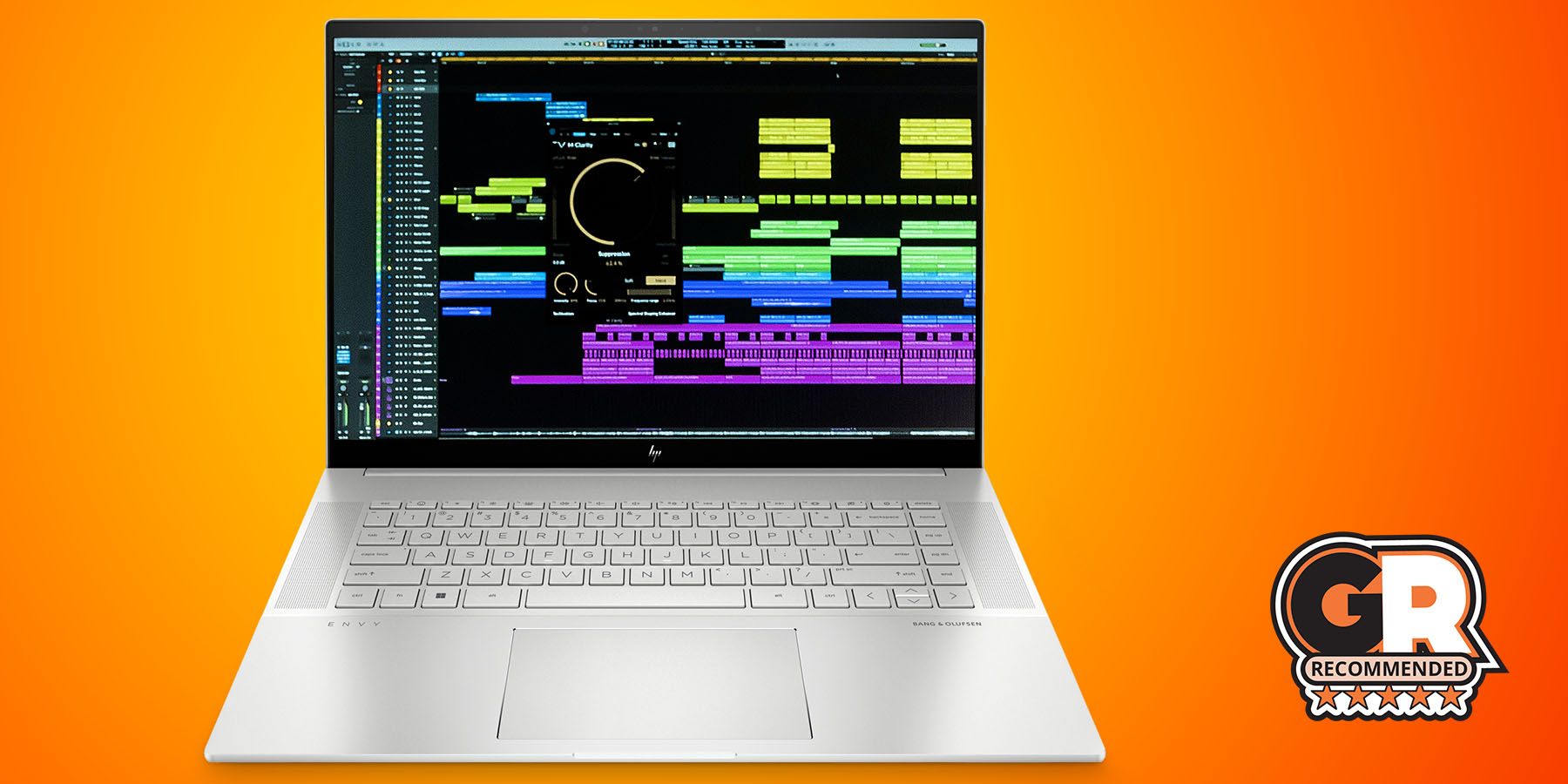Best Laptops For Audio Production
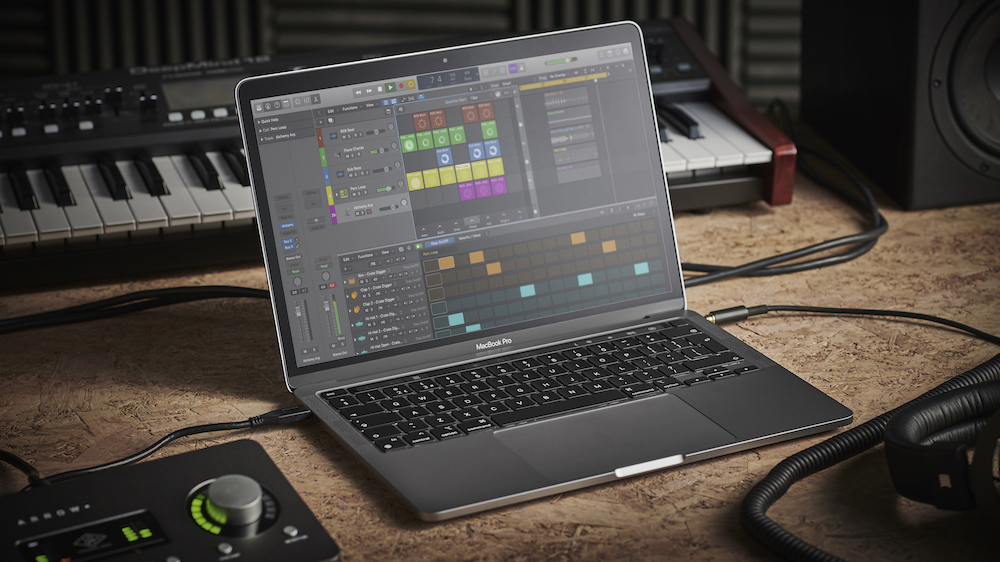
For aspiring musicians, seasoned producers, and audio engineers, a powerful laptop is the heart of any digital audio workstation (DAW). But with so many options available, finding the perfect balance between performance and affordability can feel like a daunting task. This review cuts through the noise, focusing on delivering value-conscious recommendations for the best laptops for audio production.
Why Your Laptop Matters for Audio Production
Audio production demands a lot from a computer. From running resource-intensive plugins and virtual instruments to handling large audio files, a capable laptop is essential for a smooth and efficient workflow. Skimping on specifications can lead to frustrating bottlenecks, hindering creativity and slowing down your projects.
Investing in a laptop that meets the specific needs of audio production ensures that you can focus on what truly matters: making music. This allows you to explore your creative vision without being held back by technical limitations.
Shortlist of Top Laptops for Audio Production
Here are our top picks, catering to different needs and budgets:
- Budget-Friendly Option: Acer Aspire 5 (Reliable performance for basic production tasks)
- Mid-Range All-Rounder: Apple MacBook Air M2 (Excellent balance of performance and portability)
- High-Performance Powerhouse: Dell XPS 15 (Powerful processor and ample RAM for demanding projects)
Detailed Reviews
Acer Aspire 5
The Acer Aspire 5 is a solid choice for those on a tight budget. It offers decent processing power and sufficient RAM for handling smaller projects and basic audio editing. While it might struggle with heavier workloads, it's a great entry point for beginners.
This laptop features an AMD Ryzen 5 or Intel Core i5 processor. It comes with 8GB to 16GB of RAM. It also has fast SSD storage and a comfortable keyboard.
However, its integrated graphics limit its capabilities for visually demanding tasks, and its battery life is average. Its build quality is also not as premium as other offerings.
Apple MacBook Air M2
The MacBook Air M2 is a fantastic all-rounder, striking a perfect balance between performance, portability, and battery life. Apple's M2 chip provides exceptional processing power for audio production, handling complex projects with ease.
Its fanless design ensures silent operation, which is crucial in a recording environment. The stunning Retina display and user-friendly macOS environment are also significant advantages.
The MacBook Air M2 excels at most audio production tasks. It only has limited ports, requiring adapters for some peripherals.
Dell XPS 15
The Dell XPS 15 is a powerhouse designed for demanding audio production workflows. It boasts a powerful Intel Core i7 or i9 processor, ample RAM, and a dedicated NVIDIA GeForce RTX graphics card. This allows you to handle even the most complex projects with ease.
The XPS 15 also features a stunning display and a comfortable keyboard. It's also a solid choice for video editing and other visually intensive tasks.
While powerful, the XPS 15 is more expensive than other options. Also, its battery life is shorter compared to the MacBook Air M2.
Side-by-Side Specs Table
| Laptop | Processor | RAM | Storage | Graphics | Performance Score (Out of 10) |
|---|---|---|---|---|---|
| Acer Aspire 5 | AMD Ryzen 5 / Intel Core i5 | 8GB - 16GB | 256GB - 1TB SSD | Integrated Graphics | 6 |
| Apple MacBook Air M2 | Apple M2 Chip | 8GB - 16GB | 256GB - 2TB SSD | Integrated Graphics | 8 |
| Dell XPS 15 | Intel Core i7 / i9 | 16GB - 64GB | 512GB - 2TB SSD | NVIDIA GeForce RTX | 9 |
Practical Considerations
Beyond raw specifications, several practical factors should influence your decision. Portability is a key consideration for musicians who need to work on the go. Battery life is also important for extended recording sessions.
Consider the number and types of ports you need for your audio interface, MIDI controllers, and other peripherals. The availability of Thunderbolt ports can be a significant advantage for high-speed data transfer.
Also, consider the operating system and your familiarity with it. macOS and Windows both have their strengths and weaknesses for audio production.
Summary
Choosing the right laptop for audio production requires careful consideration of your specific needs and budget. The Acer Aspire 5 provides a budget-friendly entry point, while the MacBook Air M2 offers an excellent balance of performance and portability. The Dell XPS 15 is a powerhouse for demanding projects.
Consider the specifications, portability, battery life, and operating system. By weighing these factors, you can make an informed decision that will empower your creative workflow.
Call to Action
Ready to take your audio production to the next level? Explore the laptops discussed in this review and choose the one that best suits your needs. Don't hesitate to research further and compare prices to ensure you're getting the best possible value.
Frequently Asked Questions (FAQ)
Q: How much RAM do I need for audio production?
A: 8GB of RAM is the minimum for basic audio production, but 16GB is recommended for smoother performance and handling larger projects. For complex projects with numerous plugins, 32GB or more may be necessary.
Q: Is an SSD essential for audio production?
A: Yes, an SSD (Solid State Drive) is essential for audio production. SSDs offer significantly faster read and write speeds compared to traditional hard drives, resulting in faster loading times, smoother playback, and improved overall performance.
Q: Do I need a dedicated graphics card for audio production?
A: A dedicated graphics card is not essential for audio production itself, but it can be beneficial if you also plan to do video editing or other visually intensive tasks. Integrated graphics are typically sufficient for most audio production workflows.
Q: Is macOS or Windows better for audio production?
A: Both macOS and Windows are viable options for audio production. macOS is known for its stability and user-friendliness, while Windows offers wider hardware compatibility and a larger selection of software. The best choice depends on personal preference and familiarity.
Q: What is the importance of processor in audio production?
A: The processor, or CPU, handles the bulk of calculations required for audio processing. A faster, multi-core processor ensures smooth playback and efficient handling of plugins and virtual instruments, preventing lag and dropouts.
